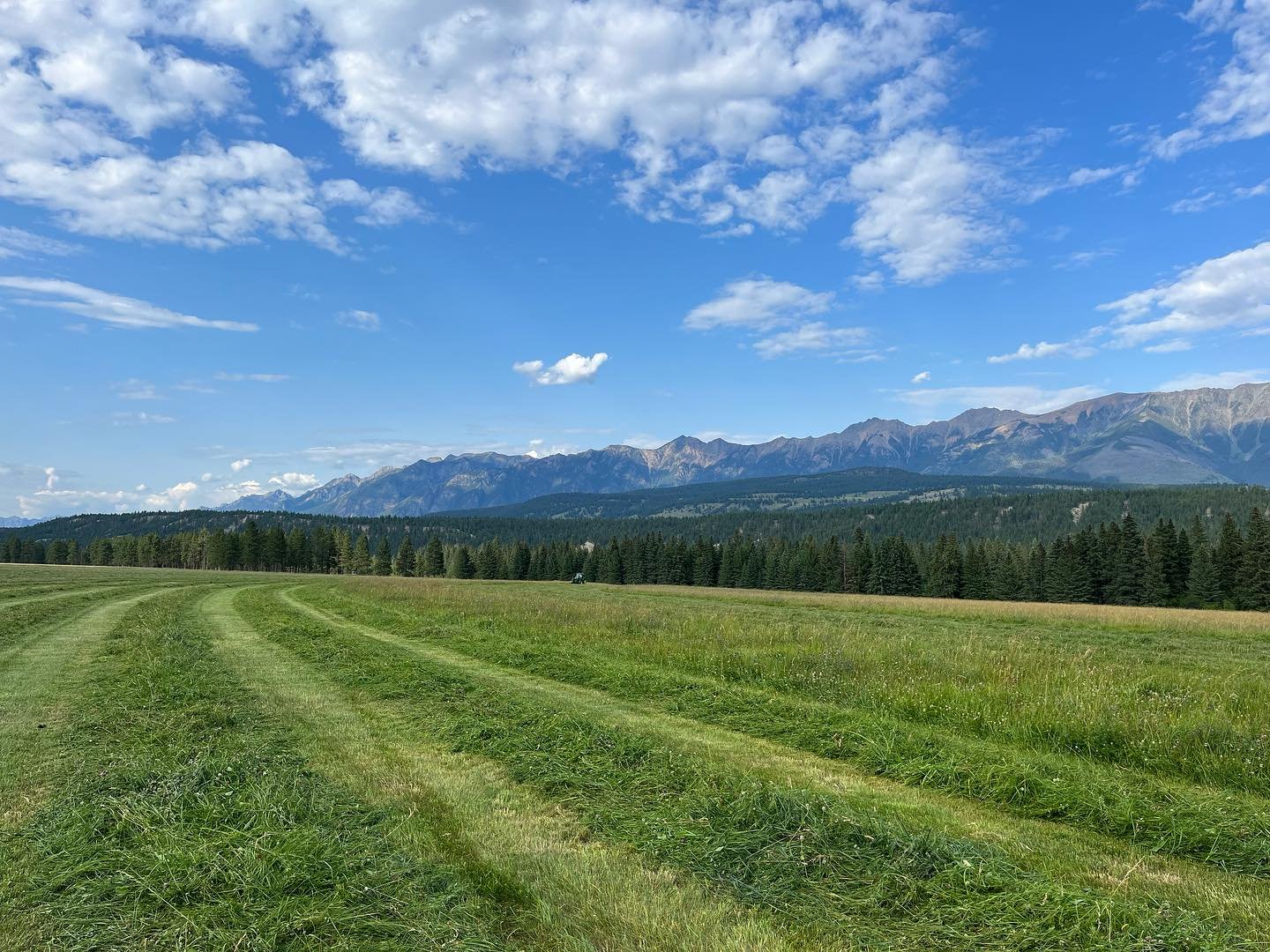
Sustainability at Lantz Farms:
Growing for Generations
At Lantz Farms, sustainability isn’t just a buzzword—it’s a commitment woven into everything we do. With a legacy that spans generations, we believe in farming practices that respect the land, nurture the soil, and ensure a healthy future for our community and environment.
Regenerative Farming Practices
Healthy soil is the foundation of a thriving farm, and we take great care to maintain and improve its quality. Our approach includes:
Crop Rotation: We rotate crops such as wheat, barley, canola, and field peas to enhance soil fertility and reduce the need for chemical inputs.
Minimal Tillage: Reducing soil disturbance preserves microbial life, improves water retention, and decreases carbon emissions.
Water Conservation & Management
Water is one of our most valuable resources, and we take a responsible approach to its use. Our sustainability efforts include:
Precision Irrigation: We use advanced irrigation techniques to ensure crops receive only the water they need, reducing waste.
Drought-Resilient Practices: Through careful crop selection and soil health management, we build resilience against changing weather patterns.
Biodiversity & Pollinator Support
A healthy ecosystem benefits both the land and our crops. That’s why we support biodiversity by:
Maintaining Natural Habitats: We leave sections of land untouched to provide safe havens for native wildlife and pollinators.
Planting Pollinator-Friendly Crops: Flowering plants and diverse crop varieties help sustain local bee and butterfly populations.
Encouraging Beneficial Insects: We reduce reliance on pesticides by fostering natural predators like ladybugs and lacewings.
Ethical Livestock & Sustainable Feed
Our livestock operations are designed with animal welfare and sustainability in mind. At our British Columbia location, we raise commercial Angus cattle and heritage-breed Mangalitsa pigs with:
Pasture-Based Systems: Animals graze on nutrient-rich pastures, reducing the need for grain-based feed and promoting natural behaviors.
Locally-Sourced Feed: We prioritize feed from sustainable, local sources when supplementation is needed.
Waste Reduction: Manure from our livestock is composted and used to naturally enrich soil, creating a closed-loop system.
Reducing Our Carbon Footprint
We’re constantly exploring new ways to cut emissions and operate more efficiently. Our efforts include:
Energy-Efficient Equipment: We invest in modern machinery that reduces fuel consumption and improves productivity.
Local Sales: We minimize transportation emissions by selling directly to customers at The Veggie Shack.

